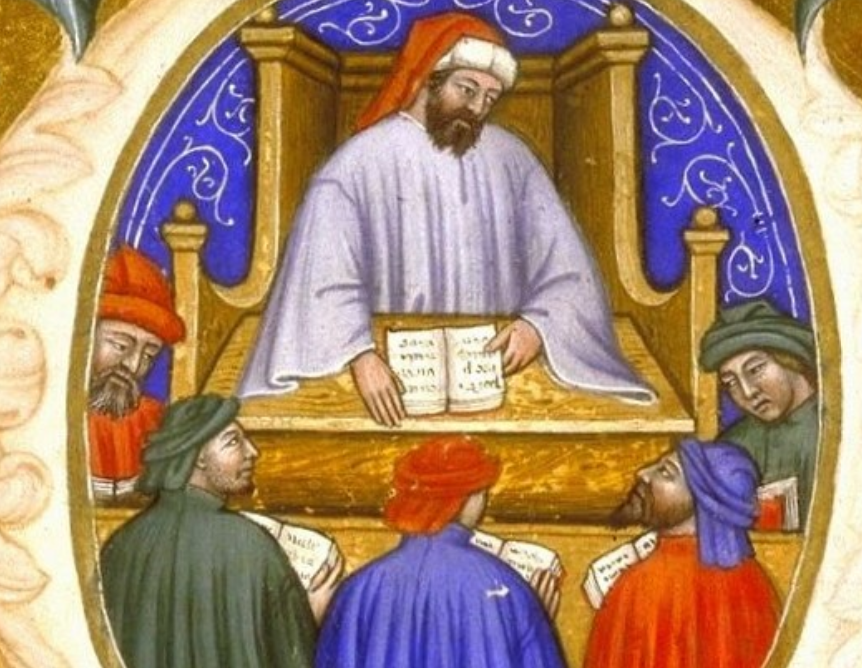Philosophy For Then And Now
I just began reading a book titled Consolation of Philosophy by Boethius. Since the origin of the word “Philosophy” is from a Greek word meaning “love of wisdom.” One could accurately refer to it as the consolation of the love of wisdom. Proverbs 1:7 reads: “The fear of the Lord is the beginning of knowledge, but the morally deficient despise wisdom and instruction.” So, it isn’t much of a stretch to reference the title as meaning Consolation By Revering The Lord.
Amazingly, Boethius wrote this book in 523 AD. To provide some context, the first New Testament with the 27 books as we know it today was formally first canonized in the council of Hippo in 393 AD. The joining of the old and new testaments didn’t happen until circa 400 AD. The invention of the printing press wasn’t until 1440 AD. Boethius wrote his book in Latin, and it wasn’t translated into English until about 890 AD by King Alfred the Great.
Boethius
The author Boethius was from Italy and was born around 477 AD after Flavius Odoacer deposed Romulus Augustulus, the last Western Roman emperor. He grew up and became a senator, consul, magister, and philosopher. Entering public service under Theodoric the Great, an Italian king, Boethius was one of the most highly educated men. Knowing both Greek and Latin, Boethius was an elite. Somehow, he got on the wrong side of the king. Theodoric imprisoned Boethius, confiscated his possessions, tortured him for a year, and then beheaded him. Boethius wrote his book the last year of his life while he was in prison. His book was the most influential and popular in Europe for roughly a thousand years.
King Alfred
Undoubtedly, the popularity of Boethius’s work influenced King Alfred’s selection of it as a work to be translated. Alfred was king of the West Saxons from 871 to circa 886. He became king of the Anglo Saxons from circa 886 until 899. He had spent years beating back the Vikings from his homeland. At the beginning of his reign, “there had been no time for thoughts or deeds unconnected from immediate and constant peril.” (As described by Walter John Sedgefield, Litt.D) After defeating the Vikings, Alfred then turned his efforts to “building up and consolidating the shattered fabric of society and government.” (This is a quote again from Sedgefield in his introduction to Alfred’s version of Consolation of Philosophy.) I admire Alfred for thinking beyond war and trying to govern peace.
A great disturbance
A great disturbance is upon our nation. We have little time to prepare. It may take generations before Americans can gain back the lives they once had. Western Civilization is on the verge of extinction. (The reasons I believe this are too many to discuss here.) A purge is upon us. It is essential to preserve old books. For future generations to ever find their way back from socialism, they may need some literature from the beginning of Western Civilization.
Is it premature to be planning peace before the war? Alfred had to wait until he defeated the Vikings. Unlike Alfred, we need the book to define why we are fighting. We also need it to determine who our enemy is. Consolation of Philosophy helps us define such matters. As Alfred knew, it also helps mend the shattered fabric of society and government. There is little better place to start than with this timeless work. It is a Consolation By Revering The Lord. I will write more about Boethius’s book in another post.

